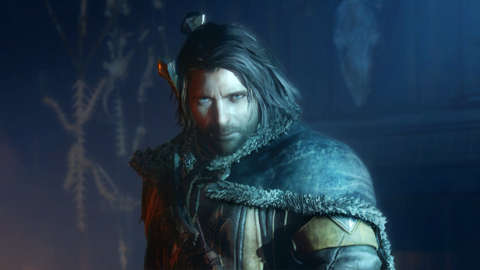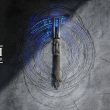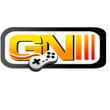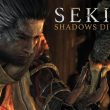Shadow of Mordor director discusses Assassin’s Creed copycat claims
Following the announcement of Middle-Earth: Shadow of Mordor in January, many people were quick to compare the game to Ubisoft's Assassin's Creed series. Former Ubisoft developer Charles Randall even accused Monolith and Warner Bros. of using animations and code from Assassin's Creed II. "Seriously, can someone tell me how Assassin's Creed [II] code and assets are in this Middle-Earth: Shadow of Mordor game?" wrote Randall on Twitter earlier this year.
But Shadow of Mordor design director Michael de Plater has flat-out denied any claims of copying code and animations. "Honestly, we built everything from the ground up for this game," he said to GameSpot.
Monolith did look to UK developer Rocksteady and its Batman games for inspiration, though. "We absolutely, at the inception, looked at Batman, in their combat and stealth," he says, while maintaining that "as soon as people play [Shadow of Mordor], any experience we've had where people get their hands on, it's totally its own thing."
After playing through a chunk of the game yesterday, it did appear to me that the animations of protagonist Talion had been changed slightly--and in particular toning down any similarities to Ezio's distinctive run--since the game's debut trailer, although a Monolith representative wouldn't confirm this to me.
How did the copycat claims affect the team when they first arose, from both Randall and many articles published by the games media? "I think we were just a bit surprised because in any other genre it's such a given," de Plater said. "Nobody would bat an eyelid with a shooter, or a sports game, that two games in the same genre have some elements in common. I think it just shows that there's not that many third-person, open-world action games like this. And certainly, after thinking about it, we couldn't really think of another fantasy one like this as well."
Overall, though, de Plater said that "we spent a lot more time looking at the user comments than the articles, and people seemed really excited."
The headline feature of Shadow of Mordor is its Nemesis system, which creates a dynamic, unscripted hierarchy of orc troops as players work to assassinate their way to the very top. But de Plater also says that, as the game's development progressed, the team also managed to weave its storyline missions around these dynamic events. "I think the thing that's evolved more over time is that people would get into the game and they would totally get lost in the nemesis system," he said. It's worth noting that the Nemesis system is scaled back on 360 and PS3, if you're intending to play the game on one of the older consoles.
"There was a much bigger divide between, well, the Nemesis system, which was kind of the game, and then the story. People would kind of go and do the story when they had to. But as we finished that--Christian Cantamessa was our lead writer and director, he was lead writer on Red Dead Redemption--so as the story missions have got finished, we've got a much better balance between people wanting to learn the story, learn the lore, and are really interested in the background and characters, and are balancing their time more between the different parts of the game. It's feeling more coherent."
For more information on Middle-Earth: Shadow of Mordor, check out GameSpot's recent hands-on preview.
| Martin Gaston is a news editor at GameSpot, and you can follow him on Twitter @squidmania |
|---|
| Got a news tip or want to contact us directly? Email [email protected] |









